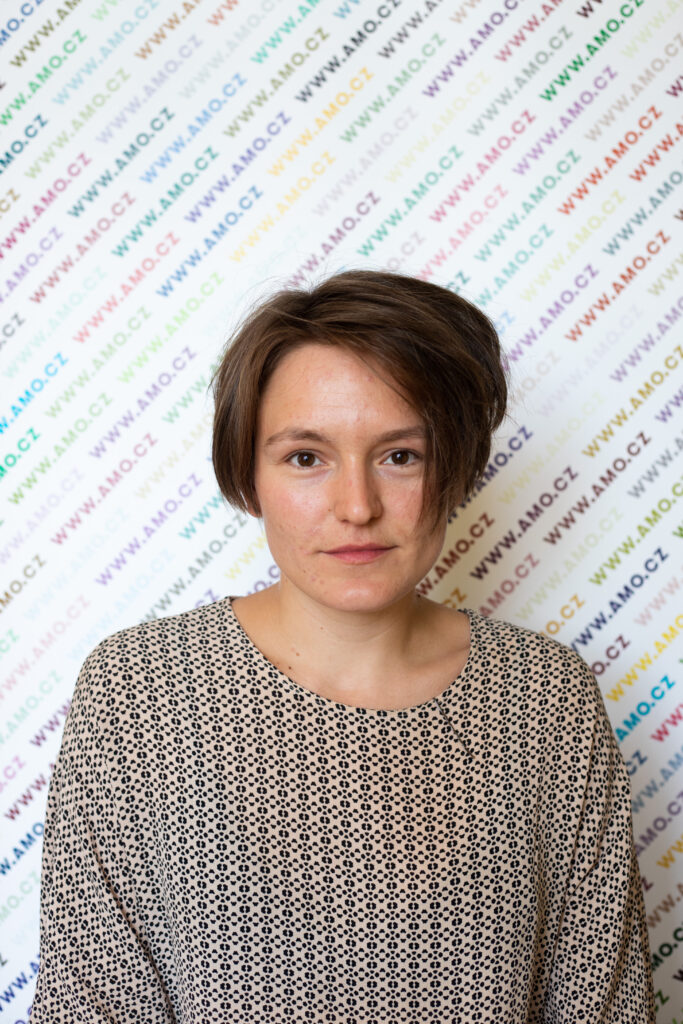Economics for the 21st century
Economics is perhaps the only science that its own students protest against. Why do they say that contemporary economics is in crisis and that it is inadequate to tackle the problems of the 21st century, be it the environmental crises or inequality? In this course, we will take a fresh look at old topics in economics as well as those that you won’t find in traditional textbooks. We will uncover the entrenched mischiefs of contemporary economics inherited from the last century. And we will ask what economics might look like today and in the future. The course draws on heterodox strands of economics, particularly social and ecological economics.
We will draw, discuss, read, explore. No prior knowledge is required for the course.
1/ What is the economy? And what is invisible to economics? How does it relate to care or pollution?
2/ What is GDP, efficiency, utility? And what about it?
3/ How does economics approach inequalities? Does everyone’s voice carry equal weight?
4/ How has the world changed and how has economics changed, from Plato to today? And what is entropy?
5/ And where do we go from here? What do doughnuts and snails have to do with it?

Kristina Zindulková
Turnus E
AI and Particle Physics
Oliver Matonoha
Contemporary City Planning
Soňa Ondrejčáková
Economics for the 21st century
Kristina Zindulková
Imagining For a Better Future
Žofie Hobzíková
Law and Climate
David Chytil
Medical Science in the 21. century
Václav Melenovský
Music: From Science to Creative Process
Laura Prachárová
Nationalism Good, Bad and Ugly
Hubert Otevřel
Sleep
Anežka Zemanová
The Arab Middle East
Adéla Provazníková

